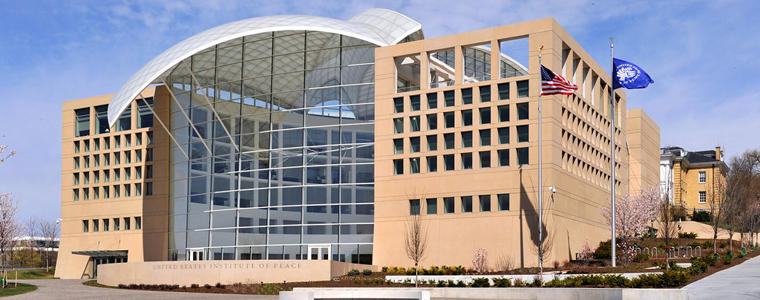Tribal Societies & Counterterrorism in Pakistan
The U.S. Institute of Peace hosted a panel discussion on Monday April 15, from 11:00am – 12:30pm on America’s drone campaign, including their impact on tribal societies
Read the event coverage, Panel at USIP Considers Counterterrorism in Pakistani Tribal Areas

In recent months discussions around drone strikes have grown increasingly heated with claims and counter-claims around their legality, morality, and/or effectiveness as a counterterrorism weapon. Amid the heated disputes between diplomats, politicians, lawyers, and civil society activists, the views of those most directly affected by the drone strikes - those living in tribal communities in border regions - have yet to be heard.
Speakers
- Ambassador Akbar Ahmed, Keynote Address
Ibn Khaldun Chair of Islamic Studies, American University
Author, "The Thistle and the Drone: How America's War on Terror Became a Global War on Tribal Islam" - Peter Bergen, Panelist
Director, National Security Studies Program, New America Foundation - Hamid Khan, Panelist
Senior Program Officer, Rule of Law Center, U.S. Institute of Peace - Marvin Weinbaum, Moderator
Scholar-in-Residence, Middle East Institute



